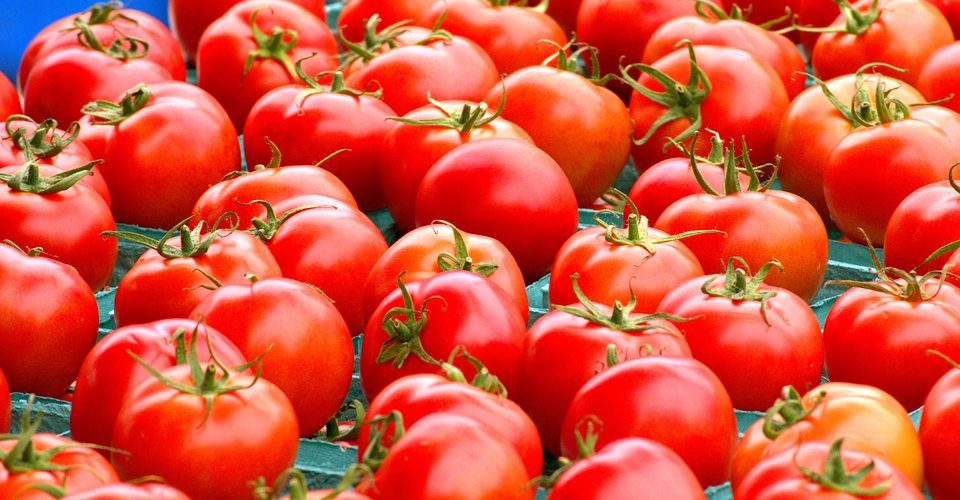Just a couple weeks ago, Sen. Marco Rubio (R-FL) led a coalition of constituents from the Sunshine State to block or curb produce imports from Mexico with the sole goal of boosting shares of local tomato producers. While this may positively impact Florida in the tomato trade game, it could have negative fallout here in our own backyard.
CBN has produced extensive coverage on produce’s, specifically tomatoes’, healthy contribution to the Arizona economy. The industry is a huge job creator and strengthens our ties with Mexico, or Sonora, more directly. That’s why a bipartisan coalition of Congress members from Arizona, including U.S. Senators Martha McSally and Kyrsten Sinema, and Congressmen David Schweikert and Ruben Gallego, have come together to implore Commerce Secretary Wilbur Ross not to pull out of the Tomato Suspension Agreement.
As a refresher, the Tomato Suspension Agreement was a regulation enacted in 1996 by the U.S. Department of Commerce to set different floor prices for Mexican fresh tomatoes during the summer and winter months and specific prices for open field/adapted-environment and controlled environment production. This was due to an anti-dumping investigation that determined whether imports of fresh tomatoes coming in from Mexico were sold at less than their value in the U.S.
In the letter to Sec. Ross, the bipartisan group urges that maintaining “a healthy two-way bilateral trade relationship with Mexico is essential to the continued growth of the American economy. It is also essential to ensure that U.S. consumers have access to affordable fresh produce, especially in cold-weather months.”
“We encourage the Administration to continue to craft agricultural trade policy that seeks to strengthen the industry nationally, not one that is calibrated around regional or seasonal interests,” the members also wrote. “Therefore, we respectfully request that the Administration develop and maintain a workable suspension agreement on tomatoes from Mexico.”
Now, if the U.S. goes through with pulling out of the agreement, it can have major consequences in Arizona. It would completely alter the landscape in all ports of entry in the state, which would then domino down to the local farmer who would choose to plant and grow something besides tomatoes, say squash or strawberries. This would limit the supply of tomatoes and jack their prices up at the local grocery store.
To view the delegation letter, click here.
















Add comment